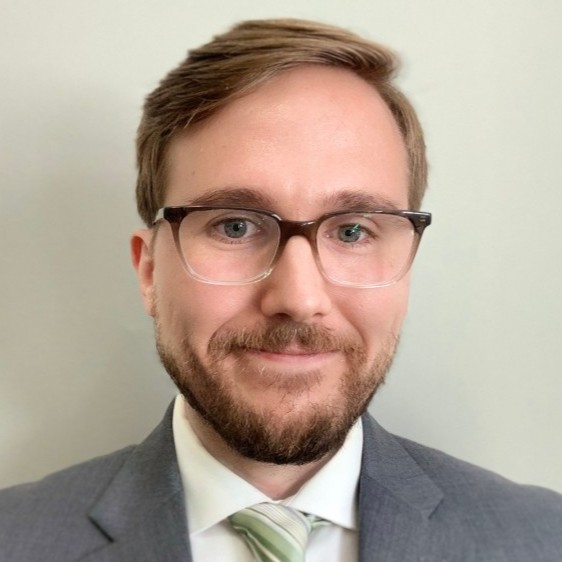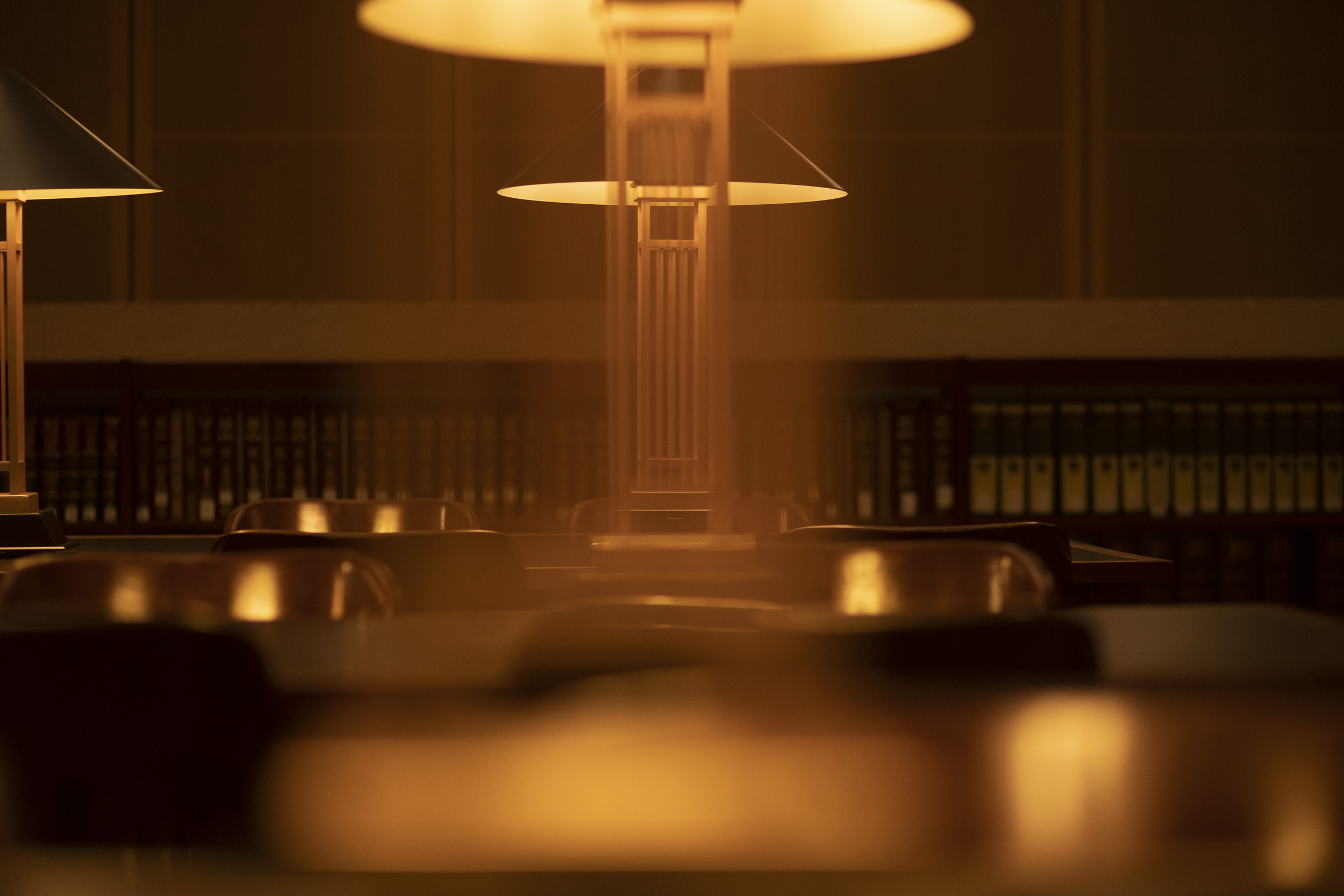In a compelling article published in the Temple Law Review, Jonathan Fedors LAW ‘22 explores a critical issue at the intersection of constitutional and election law.
His article, “Why Blue Cities Can Challenge Election Subversion Under the Elections Clause,” delves into the threats faced by local election administrators in politically divided states and offers a legal strategy for protecting election integrity.
For this, Fedors was one of fifteen law school writers awarded the 2024 Law360 Distinguished Legal Writing Awards, presented by the Burton Awards, a non-profit event held each year to honor distinguished writers and recognize leaders in law. The Burton Awards are among the most prestigious awards a law student can receive, with only about 15 recipients each year whose work is among the highest standard in legal writing.
“Jonathan’s article stood out because it was so timely, addressing the problem of laws that are designed to restrict voting in an anti-democratic manner,” said Prof. Susan DeJarnatt, who teaches legal research and writing. “It was also really interesting legally because it looked at standing, that is the legal ability of entities, cities for example, to challenge such laws that target them.”

Fedors’ work addresses a disturbing trend: election administrators in predominantly blue cities within red and purple states have faced increased threats of fines, replacement, or even arrest due to baseless allegations of fraud or misconduct during federal elections.
“In red and purple states, election administrators in blue cities have been newly under threat of fines, replacement by state officials, or arrest because of factually unsupported allegations of their fraud or misconduct in federal elections,” Fedors explains. “My article offers a theory of the case for how cities or local election agencies can bring suit against their parent states under the Elections Clause of the federal constitution to strike down the laws that threaten these punishments.”
These actions, which Fedors terms “partisan targeting laws,” undermine the democratic process and intimidate those dedicated to ensuring fair elections, he argues.
“In 2020 and 2021 I was struck by the repercussions of the idea that ‘bad things happen in Philadelphia,’ that systematic cheating occurred in blue cities to inflate the Democratic vote,” Fedors said. “I wanted to explore whether the Constitution gave these cities any recourse to respond to and neutralize partisan encroachments on their work.”
Unlike the often-contentious issue of partisan gerrymandering, which has proven challenging for federal courts to adjudicate, Fedors argues that partisan targeting laws fall well within the judiciary’s purview. With Congress largely inactive on this front, he emphasizes the importance of judicial intervention to protect the fundamental processes of democracy.
Fedors’ interest in this area is deeply personal and stems from his hands-on experience in election administration. “I wrote a comment about constitutional and election law because I have long been interested in elections as profound and essential expressions of values,” Fedors said. “Before law school, I served as an election inspector, seeing firsthand how humble and inspiring the work of administering elections is.”
Reflecting on his journey, Fedors expresses a deep sense of appreciation for his time at Temple Law. “It is an honor to practice the advocacy skills I first learned at Temple in the service of the public,” he says.
For more information and to read the full article, visit the Temple Law Review website.

